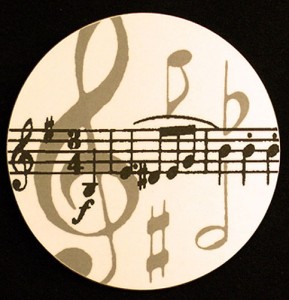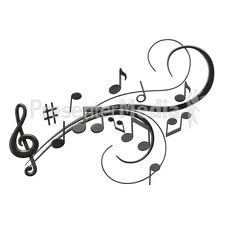
I’m reading an old friend’s poetry manuscript. Something I adore — reading a manuscript as a writer, trying to see what the poems want to say, what the music is telling me. It’s the language of poetry, and I don’t get to speak it nearly often enough.
Because I often teach at the beginner level, working to make poetry less mysterious, more accessible, the kind of conversation I’m having over my friend J’s MS is rare. Yes, I can discuss line breaks w/ a newbie. I can even speak of the way a kind of repetition (anaphora, in case you wonder) works in a poem.
But newbies don’t usually write chapbooks, much less books. So you can’t discuss the ways in which poems become like movements in a symphony: each part moving from the one before to the inexorable close. Or maybe the single poems are like musical instruments in an orchestra… The metaphors are always musical, because the language of poetry is sooo close to that first language, song.
What I can’t tell newbies so they get it — they just haven’t written enough yet — is that poems have a kind of logic to them, like certain chords follow other chords, or harmonies between notes. J gets it — she’s a gifted poet, growing better over the past years.
One of the sig files I use in my email is a quote from a beloved poet, Denise Levertov: In certain ways writing is a form of prayer. For me, it is. It’s practice, as I’ve said elsewhere — practice for beginner’s heart. Because poetry is about observing, as much as writing: you have to watch to have something worth saying. But it’s also about trying to communicate, trying to make apoint. Poets are the ultimate activists, even when they refuse to acknowledge it. They have something to say, and they want folks to pay attention.

So they dress their points up in Sunday language and imagery, and send them into the world. And sometimes, poets’ prayers are answered. Mostly? It’s enough (for me!) to get to talk to other poets. Although the $50 I made today on two poems also is nice… 🙂

